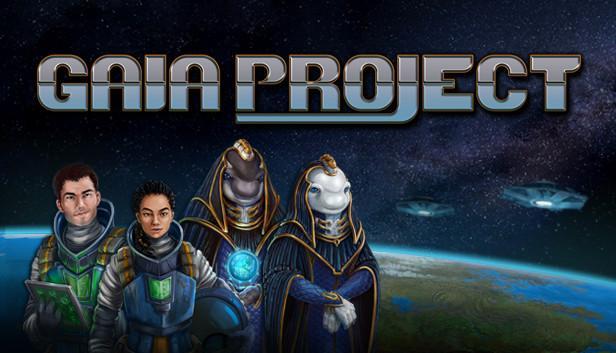Gaia Project Board Game Review
Overview:
Name of the game: Gaia Project
BGG Weight: 4.39 / 5
Year Published: 2017
Publisher: Z-Man Games
Designer: Jens Drögemüller and Helge Ostertag
Number of Players: 1-4 players
Playing Time: 60-150 minutes
Game Category/Theme: Science Fiction, Civilization Building
Board Game Mechanics: End Game Bonuses, Hexagon Grid, Income, Modular Board, Network and Route Building
Ratings:
Strategy: 9.0
Complexity: 8.5
Player Interaction: 7.5
Replayability: 9.0
Game Rating: 8.7
Cost: 7.0
Calculations:
Weight Rating: = (8.5 + 9.0) = 17.5
Playability Rating: = [(9.0 + 7.5 + 8.7) – 8.5] = 16.7
Play Rating Score: = (17.5 + 16.7) x 2 = 68.4
Value Rating: = 68.4 / 7.0 = 9.77
Final Score Rating: = 68.4 + 9.77 = 78.17
Review:
Gaia Project is a complex and strategic game set in a science fiction universe. Players take on the role of one of 14 unique factions, each with its own abilities and technologies. The goal is to expand your civilization, terraform planets, research new technologies, and gain power through various means. The game has a modular board, which means that the setup is different each time you play. Gaia Project is a competitive game that requires careful planning, tactical decisions, and a deep understanding of the game mechanics. It is not recommended for beginners, as it has a steep learning curve and can take a long time to play.
Gaia Project does not offer a solo or cooperative play mode.
Here are 10 other games that may appeal to someone who liked Gaia Project:
- Terraforming Mars – A similar sci-fi civilization building game with card drafting and resource management mechanics.
- Eclipse – A space exploration game with a modular board, ship customization, and combat mechanics.
- Through the Ages: A New Story of Civilization – A civilization building game with a card drafting mechanic and a focus on technology advancement.
- Scythe – A competitive game set in an alternate history universe with resource management, area control, and combat mechanics.
- Twilight Imperium – A massive space epic game with a modular board, diplomacy, and warfare mechanics.
- Power Grid – A resource management game with auction mechanics, where players build power plants and connect cities with power grids.
- Agricola – A farming game with worker placement mechanics, where players build and manage their own farms.
- Brass: Birmingham – A strategy game set in the Industrial Revolution era, where players build and manage their own business empires.
- Viticulture – A wine-making game with worker placement mechanics, where players build and manage their own vineyards and wineries.
- Dominant Species – A competitive game with area control and worker placement mechanics, set in a world where different animal species compete for survival.
This review was provided by Open Source Artificial Intelligence programs. It uses a series of complex statement to have AI programs amalgomate their databases to produces information on board games. These reviews are completely unedited output from the AI bots.

